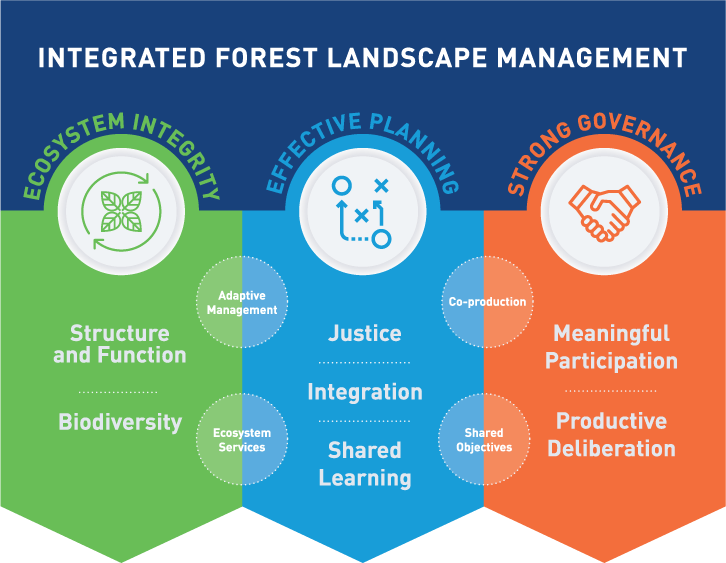
Connectivity between conservation areas is vital for protecting and restoring biodiversity and ecosystems and can play a key role in supporting national responses to climate change, in Australia and around the world. Through a National Conservation Corridors Framework Australia could meet both climate and biodiversity outcomes and protect First Nations cultural heritage.





